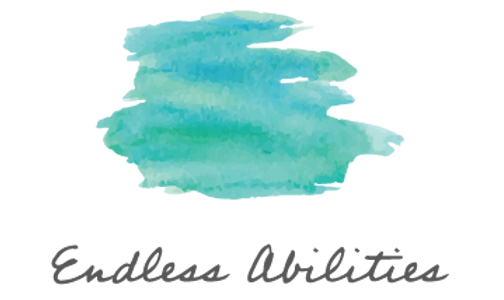Transition Academy
Bringing ABA services to those with autism spectrum disorder and other developmental disabilities in the context of a contrived classroom.
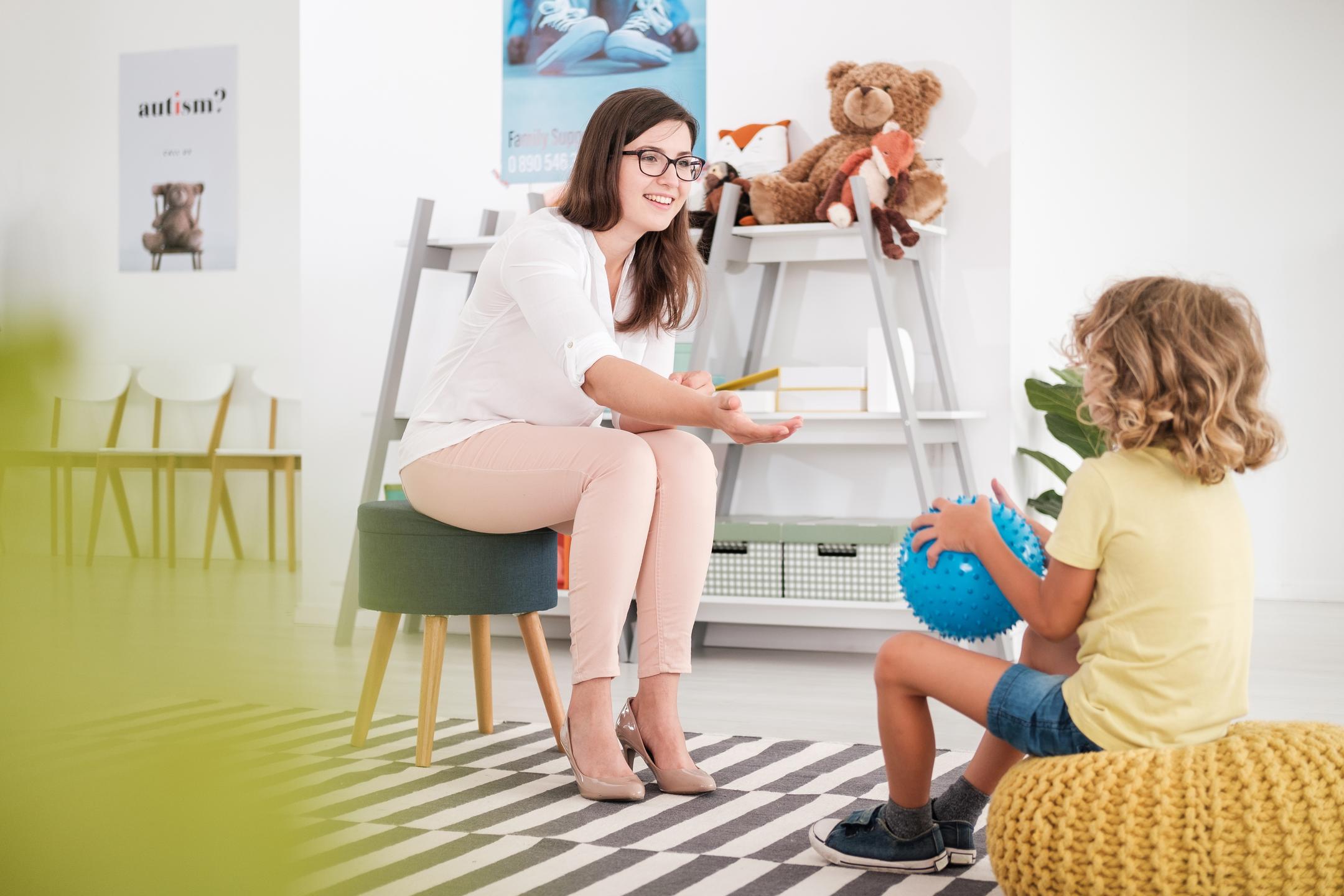
What is the Transition Academy?
The Transition Academy is a clinical setting utilizing Applied Behaviour Analysis (ABA) principles to prepare children with autism spectrum disorder and other developmental disabilities for the general education program. Our board-certified behaviour analysts lead specialized ABA therapy sessions, focusing on social skills, communication skills, and academic readiness. Through tailored treatment plans and positive reinforcement techniques, we help build desired behaviours and the acquisition of new skills for your child, all while reducing challenging behaviours.
The Transition Academy empowers children to succeed in academic and social environments with a collaborative approach focused on personalized therapy programs. Contact us to learn more about our ABA services and how we can support your child’s developmental journey.
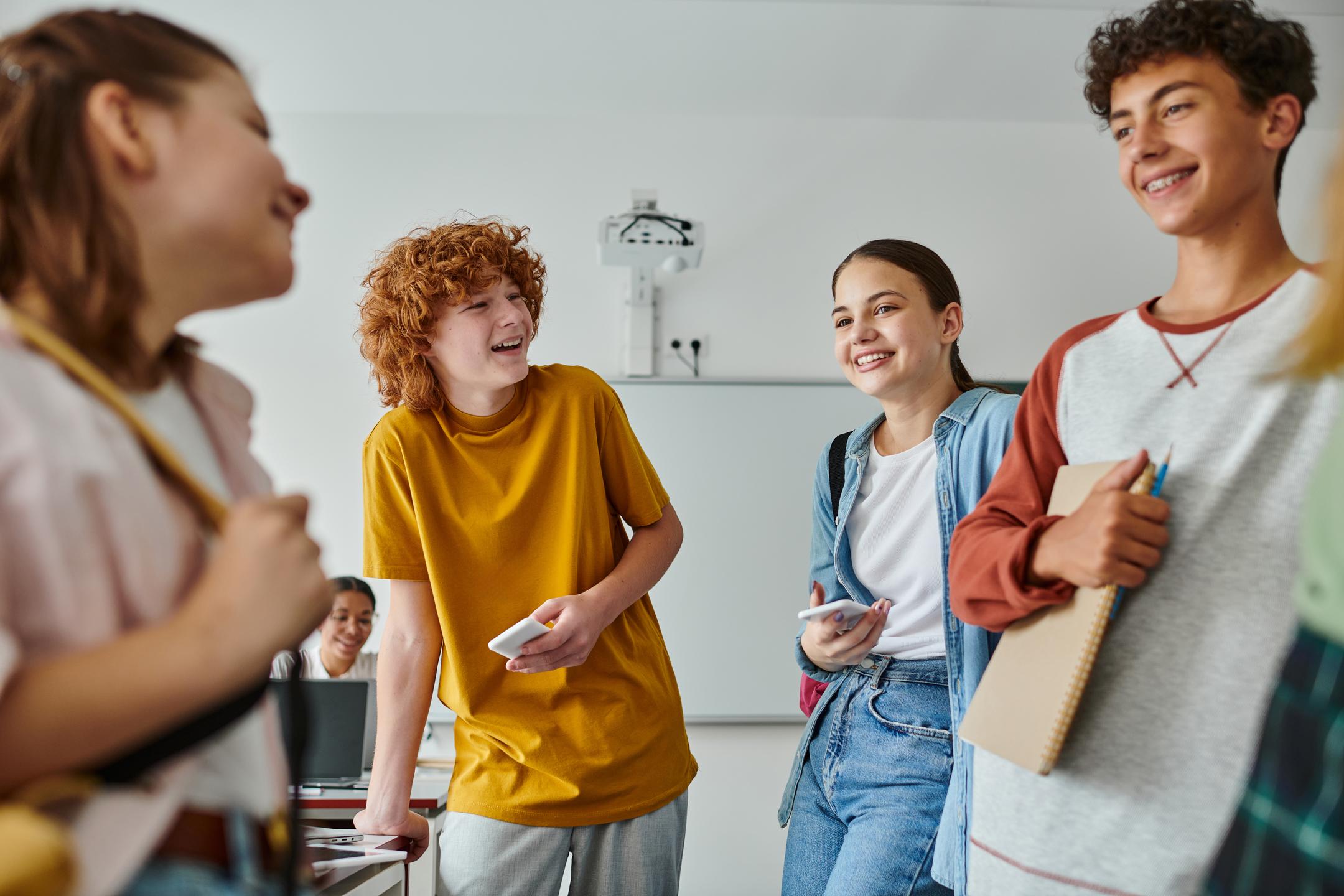
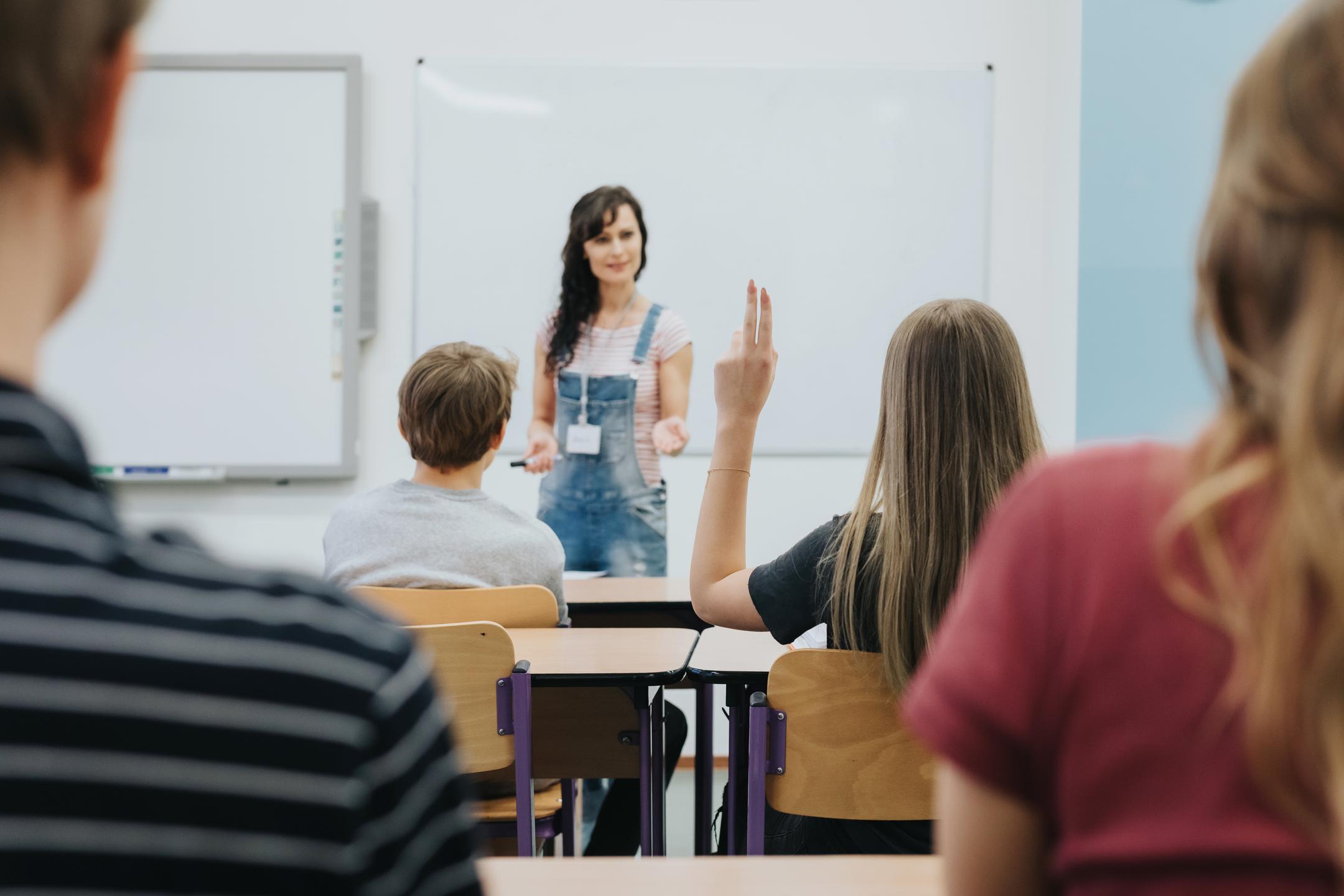
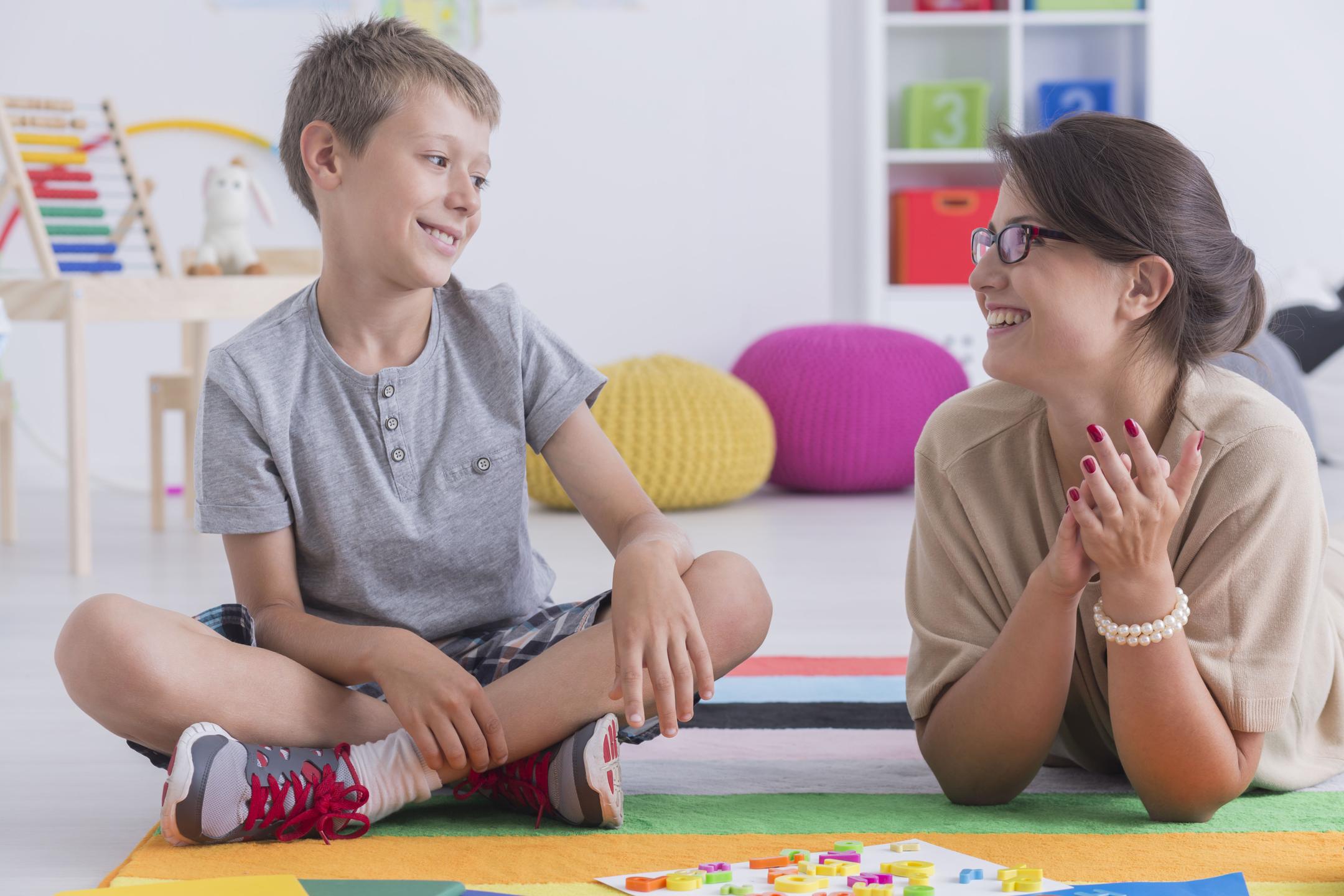
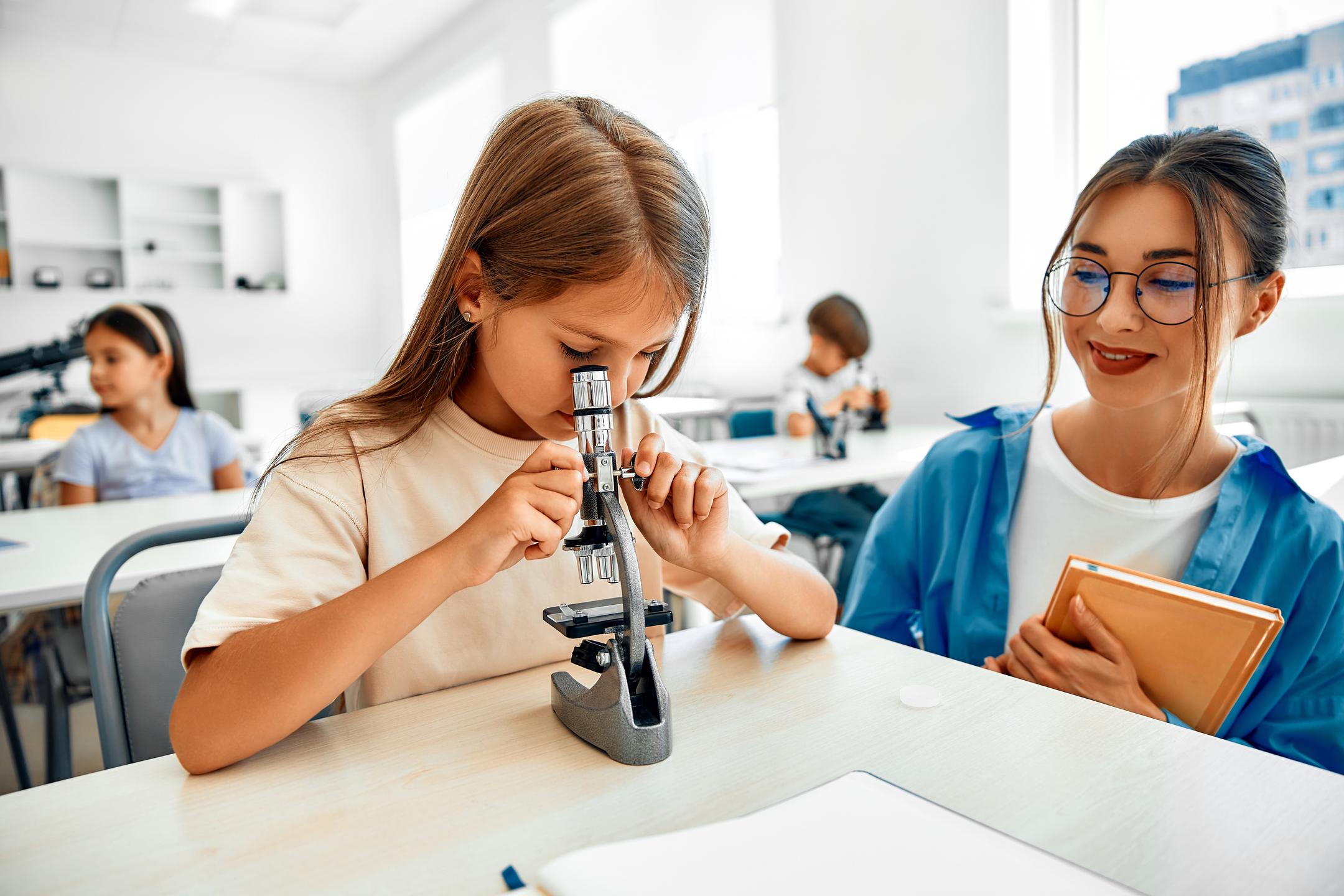
Who will be working with my child?
In the classroom, a dedicated teacher and one to two educational assistants (depending on class size and need) work together to support each child’s development. This collaborative effort ensures children with autism and other developmental disabilities receive specialized support tailored to their needs.
The teacher is responsible for implementing the curriculum, much like a traditional teacher in a public school setting. Collaborating closely with the educational assistant, the teacher integrates individualized classroom and social skills goals into lesson plans, applying Applied Behavior Analysis (ABA) principles throughout. For example, if your child is learning to raise their hand and has a target that includes a specific question, the teacher will include the target in their lesson plans.
The educational assistant provides invaluable support to the teacher and each child in accomplishing their daily tasks and goals. Whether a child requires prompts to achieve a target or assistance with daily work, the educational assistant can provide guidance and support, implementing ABA therapy techniques as needed.
Together, they collaborate with a Board Certified Behaviour Analyst (BCBA) as a cohesive team to ensure each child reaches their full daily potential. This collaborative approach fosters a supportive learning environment where children can build their academic skills and thrive socially and emotionally, setting them up for success in the general education program.
Who is the Transition Academy for?
The Transition Academy is designed for children 9-15 years old who are on track for the general education program. For example, your child should be able to sit down and engage in basic imitation skills.
Required skills:
- A communication system
- Some basic attending skills
- Toilet training
We’ll meet with your family to see if this program fits your child well.
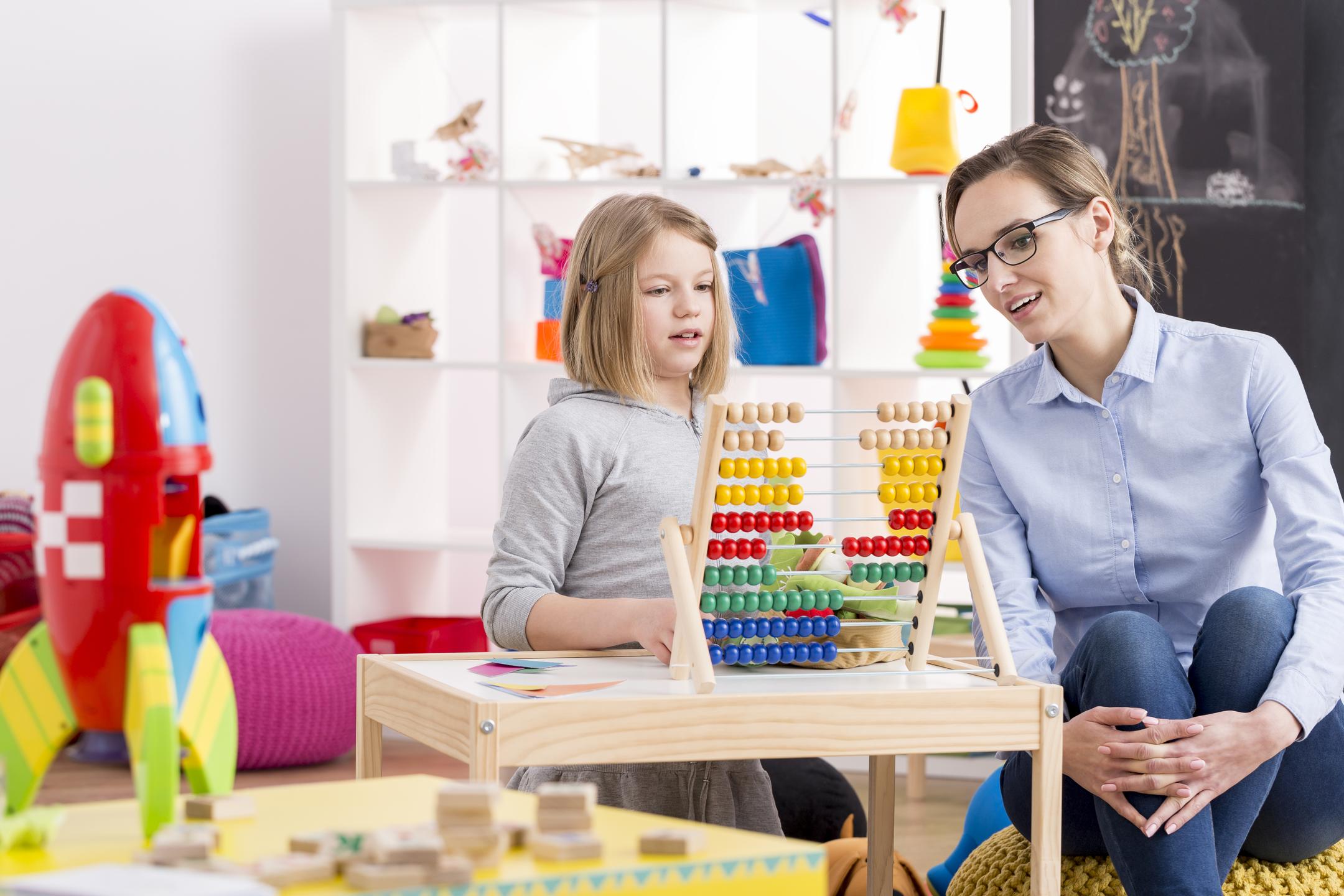
How Will My Child Be Prepared for Regular Schooling?
Social Skills
Through group learning and interaction, children learn to communicate effectively, understand social cues, cooperate with peers, and manage conflicts.
Behavioural Skills
Using applied behaviour analysis (ABA), children will work on managing their behaviour and reducing interfering behaviours while being taught replacements.
Daily Living Skills
We build independence by teaching students basic self-care skills such as getting dressed, personal hygiene, and eating independently.
Cognitive Skills
We equip our students with essential cognitive skills, including problem-solving, decision-making, and critical thinking.
Organizational Skills
We guided your child to organize their belongings, manage their time, and develop routines, preparing them for the structure of general education.
Academic Skills
Our curriculum covers fundamental subjects, including regular lessons that mimic the school environment, to smooth the transition into general education.
What is included in the curriculum?
Children are expected to practice skills like Language, Math, Science, Social Studies and Art.
includes goals such as writing, developing and organizing content, spelling, vocabulary, etc.
includes goals such as reading and representing numbers, investigating fractions and money, addition and subtractions.
includes goals such as understanding the role of humans in maintaining a healthy environment and exploring plants and animals.
includes goals such as different roles and responsibilities of different individuals in society and in a family setting.
includes goals such as dance, drama, music and visual arts.
Frequently Asked Questions
- A communication system
- Some basic attending skills
- Toilet training
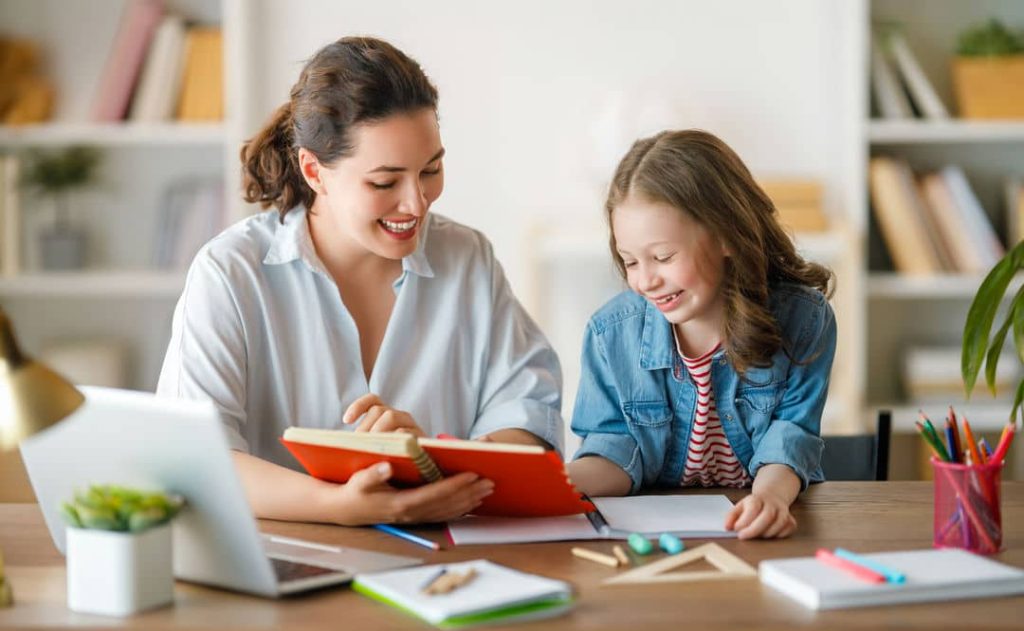
Get started today!

